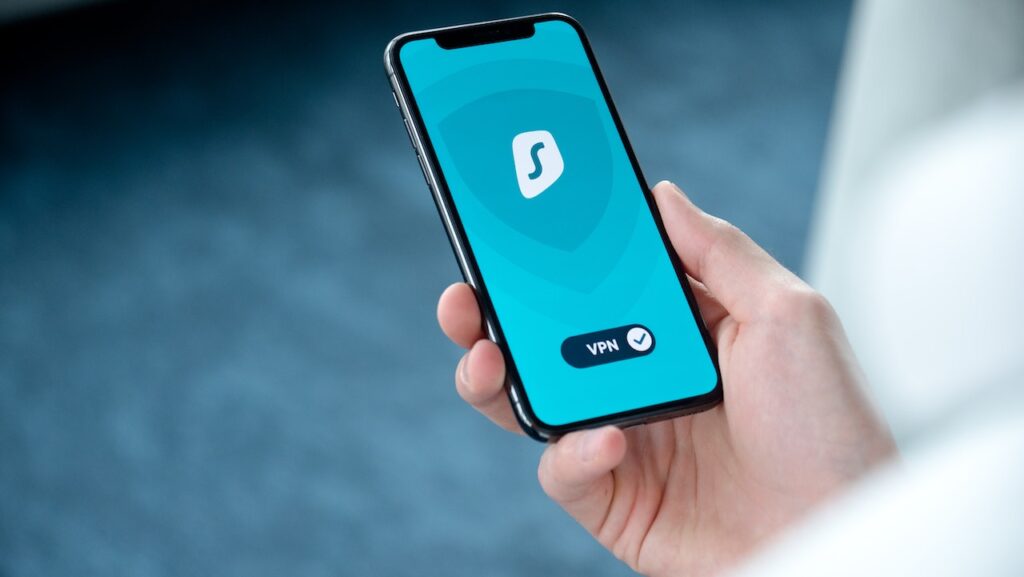
When you browse the internet with a VPN, your web traffic and IP address are hidden from prying eyes. This makes it much more difficult for someone to track your online activities.
However, a VPN cannot guarantee your digital anonymity if you engage in risky behaviors online. Additionally, some VPNs are more reliable than others, so it is important to choose a reputable VPN if you are concerned about your privacy. Read on and learn how you can be tracked with a VPN.
What a VPN Does
A VPN creates a private network between your device and the VPN server by encrypting your data traffic. This means that your IP address will be hidden from anyone trying to spy on your online activity.
When you change your IP address, it’s like you’re moving to a new location online. This can be useful if you want to appear as if you’re in a different country, for example. Encryption makes it so that anyone trying to read your data will just see gibberish, making it much more difficult for them to snoop on your activities.
A VPN can be traced in a few different ways. First, your internet service provider can see that you are using a VPN. They might not be able to know what you are doing online, but they can see that you are using a VPN.
Second, websites and governments can also see you using a VPN. They might also not be able to see what you are doing online but can see that you are using a VPN. Finally, a VPN can be traced by its IP address. If a VPN is using a shared IP address, it can be traced by that IP address.
Who Can Track One’s Online Activity
When you’re online, there are a few ways that people can track what you’re doing. Your internet service provider (ISP) can see what websites you’re visiting and even throttle your internet speed. However, using a VPN will hide your IP address and encrypt your internet traffic, protecting your online privacy.
Government agencies and other similar entities can approach ISPs or online service providers to obtain data about you, or they can use their own tracking methods. Cybercriminals can also track you and steal your data by intercepting your traffic via public Wi-Fi.
Here are ways you can be tracked:
1. Browser fingerprinting
The information your browser reveals can tell quite a bit about you. The extensions installed, your screen resolution and the operating system in use can all create a unique identifier. However, this data usually won’t give away any personal information about you.
2. Cookies
A tracking cookie is a small piece of code downloaded and stored on your device or browser when you visit a website. This code allows the website to track your requests. Cookies are often used to keep track of online shopping carts and to ensure that the items in the cart are not lost each time the page is refreshed.
3. Malware
If you download software designed to track your online behavior or steal sensitive information from your device, it is called stalkerware. This software can be installed on your device by someone you trust, or it can be downloaded accidentally.
Why Use a VPN
A VPN encrypts data and hides your IP address by routing your activity through a VPN server. This makes it difficult for someone to track your web traffic or IP address. However, if you use a poor-quality VPN, you could still be tracked.
Conclusion
By encrypting your traffic and hiding your IP address, a VPN can keep your online activity private and secure. Additionally, a VPN can allow you to bypass internet censorship and access blocked websites.
If you’re looking for a VPN service to use, make sure to do your research and choose a reputable provider. Once you’ve set up your VPN, all you need to do is connect to a server and start browsing the internet privately and securely.
Are you looking for the most secure VPN? Check out Most Secure VPN. With a focus on privacy and security, we have found VPN services that can keep you safe online. Check our resource now!